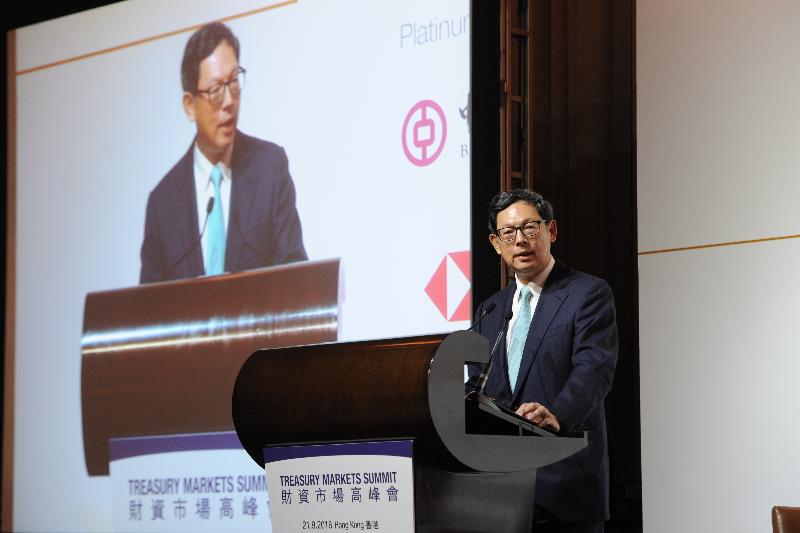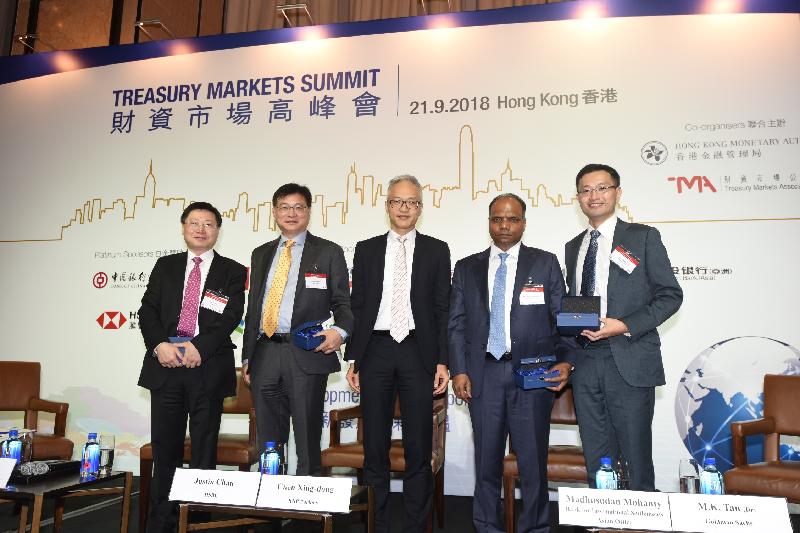The Centre for Health Protection (CHP) of the Department of Health is today (September 21) investigating a case of Legionnaires’ disease (LD) in Pok Oi Hospital (POH), and stressed the importance of using and maintaining properly designed man-made water systems, and that susceptible groups should strictly observe relevant precautions.
The male patient, aged 71, was admitted to POH on July 11 for underlying illness and has developed fever and shortness of breath since August 29. The clinical diagnosis is pneumonia and he is in a serious condition.
His sputum sample tested positive for Legionella pneumophila serogroup 1 upon laboratory testing.
Initial enquiries revealed that the patient had no travel history during the incubation period.
“Epidemiological investigations with the hospital are ongoing to identify potential sources of infection, high-risk exposure and clusters, if any. Relevant water samples and environmental swabs have been collected from potential sources for laboratory testing,” a spokesman for the CHP said.
Tracing of contacts including staff and in-patients therein is ongoing and those identified will be put under medical surveillance. The CHP has provided health advice against LD to staff and in-patients, including those with weakened immunity who should use sterile or boiled water for drinking, tooth brushing and mouth rinsing.
Legionellae are found in various environmental settings and grow well in warm water (20 to 45 degrees Celsius). They can be found in aqueous environments such as water tanks, hot and cold water systems, cooling towers, whirlpools and spas, water fountains and home apparatus which support breathing. People may get infected when they breathe in contaminated droplets (aerosols) and mist generated by artificial water systems, or when handling garden soil, compost and potting mixes.
Immunocompromised persons should:
- Use sterile or boiled water for drinking, tooth brushing and mouth rinsing;
- Avoid using humidifiers, or other mist- or aerosol-generating devices. A shower may also generate small aerosols; and
- If using these devices, fill the water tank with only sterile or cooled freshly boiled water, and not tap water. Also, clean and maintain them regularly according to manufacturers’ instructions. Never leave stagnant water. Empty the water tank, wipe all surfaces dry, and change the water daily.
The public should observe the health advice below:
- Observe personal hygiene;
- Do not smoke and avoid alcohol;
- Strainers in water taps and shower heads should be inspected, cleaned, descaled and disinfected regularly or at a frequency recommended by the manufacturer;
- If a fresh water plumbing system is properly maintained, it is not necessary to install domestic water filters. Use of water filters is not encouraged as clogging occurs easily, which can promote growth of micro-organisms. In case water filters are used, the pore size should be 0.2 micrometres (µm) and the filter needs to be changed periodically according to the manufacturer’s recommendations;
- Drain and clean water tanks of buildings at least quarterly;
- Drain or purge for at least one minute the infrequently used water outlets (e.g. water taps, shower heads and hot water outlets) and stagnant points of the pipework weekly or before use;
- Seek and follow medical advice regarding the use and maintenance of home respiratory devices and use only sterile (not distilled or tap) water to clean and fill the reservoir. Clean and maintain them regularly according to the manufacturer’s instructions. After cleaning/disinfection, rinse the device with sterile water, cooled freshly boiled water or water filtered with 0.2-µm filters. Never leave stagnant water. Empty the water tank, keep all surfaces dry, and change the water daily; and
- When handling garden soil, compost and potting mixes:
1. Water gardens and compost gently using low pressure;
2. Open composted potting mixes slowly and make sure the opening is directed away from the face;
3. Wet the soil to reduce dust when potting plants; and
4. Avoid working in poorly ventilated places such as enclosed greenhouses.
The public may visit the CHP’s
LD page, the
Code of Practice for Prevention of LD and the
Housekeeping Guidelines for Cold and Hot Water Systems for Building Management of the Prevention of LD Committee, and the CHP’s
risk-based strategy for prevention and control of LD.
read more



